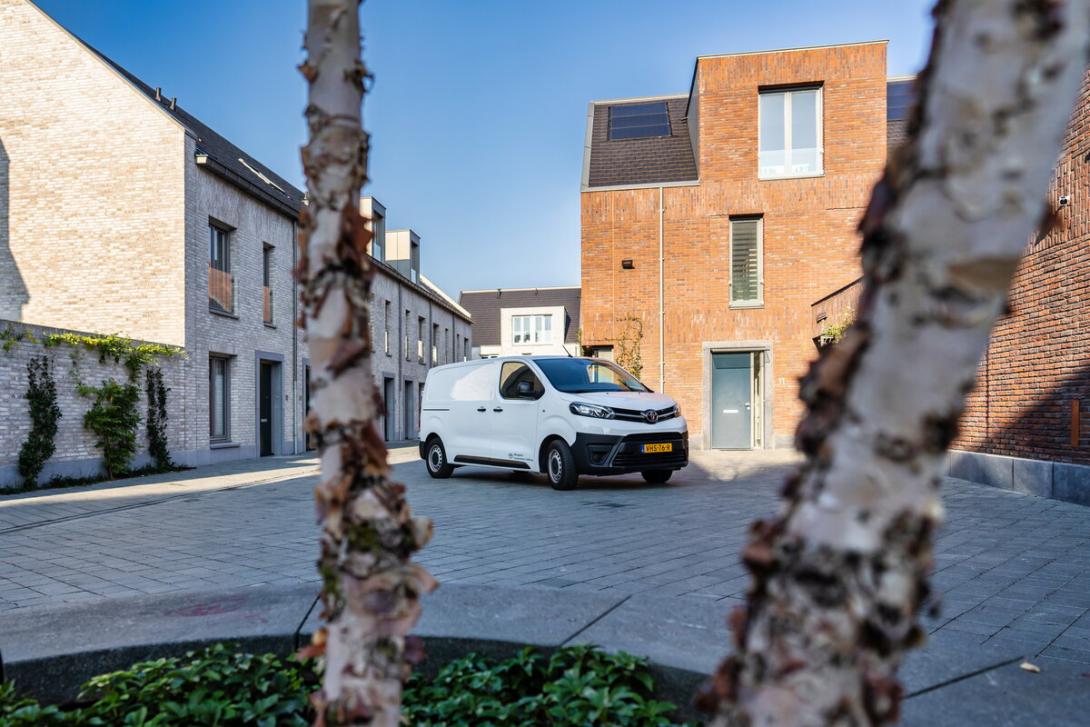Are you going to buy a new diesel delivery car in 2024? Keep in mind that due to long delivery times, you may not get your car until 2025. As a result, you could end up paying an extra 15,000 euros in bpm. Moreover, your new van will no longer be allowed to enter the zero-emission zone of Maastricht and 16 other cities. Fortunately, there is an attractive alternative: the electric van.
Bpm (tax on passenger cars and motorcycles) is a tax levied in the Netherlands on the registration of new vehicles, including commercial vehicles. There is currently a bpm exemption for vans, but this will end in 2025. This applies to diesel, gasoline and hybrid vans. You still pay no bpm for electric vans.
Bpm calculation examples
From 2025, the bpm of vans will be calculated on the CO2 emissions, just like passenger cars. The bpm is 66.91 euros per gram of CO2. Some calculation examples of what you will pay in bpm:
- The Renault Trafic emits 184 grams, good for 12,310 euros in bpm.
- For a VW Crafter, the bpm is between 14,000 and 24,000 euros. The higher or heavier the model, the more CO2 and thus the higher the bpm.
- An Opel Vivaro L2 2.0 Diesel 145 6-speed with a list price of 28,000 euros and 162 grams of CO2 emissions will receive a price increase of 10,829 euros, or 39 percent, by January 1, 2025 due to the bpm!
Delivery time of more than a year
For many vans, the delivery time is more than a year. If you order a diesel van now that will be delivered in 2025, you will still pay the bpm.
100 to 75% discount road tax and subsidy
The electric van has even more tax advantages. In 2024 you pay no road tax (motor vehicle tax) on it. In 2025 there is still a 75% discount on road tax. From 2026, the regular road tax will apply.
In addition, you can purchase the electric van with a subsidy. You can apply for this SEBA subsidy of up to 5,000 euros probably from the end of March 2024. 2024 is the last year the state will provide this subsidy.
